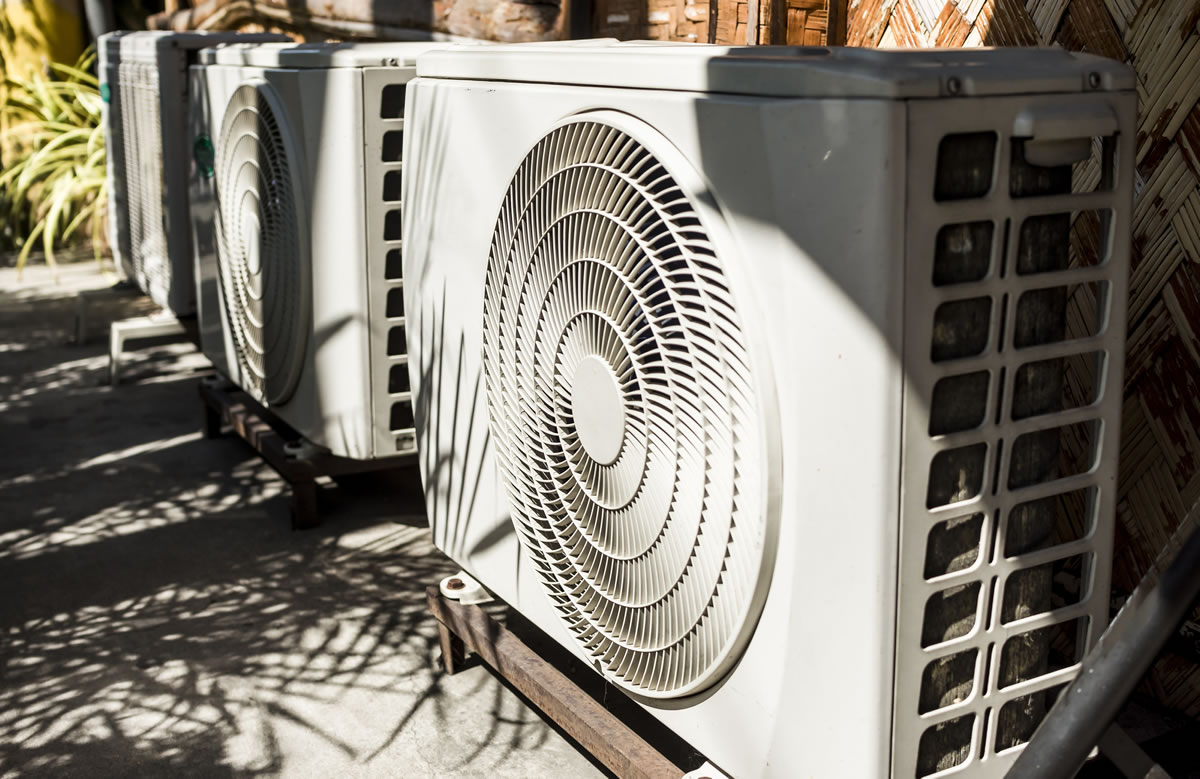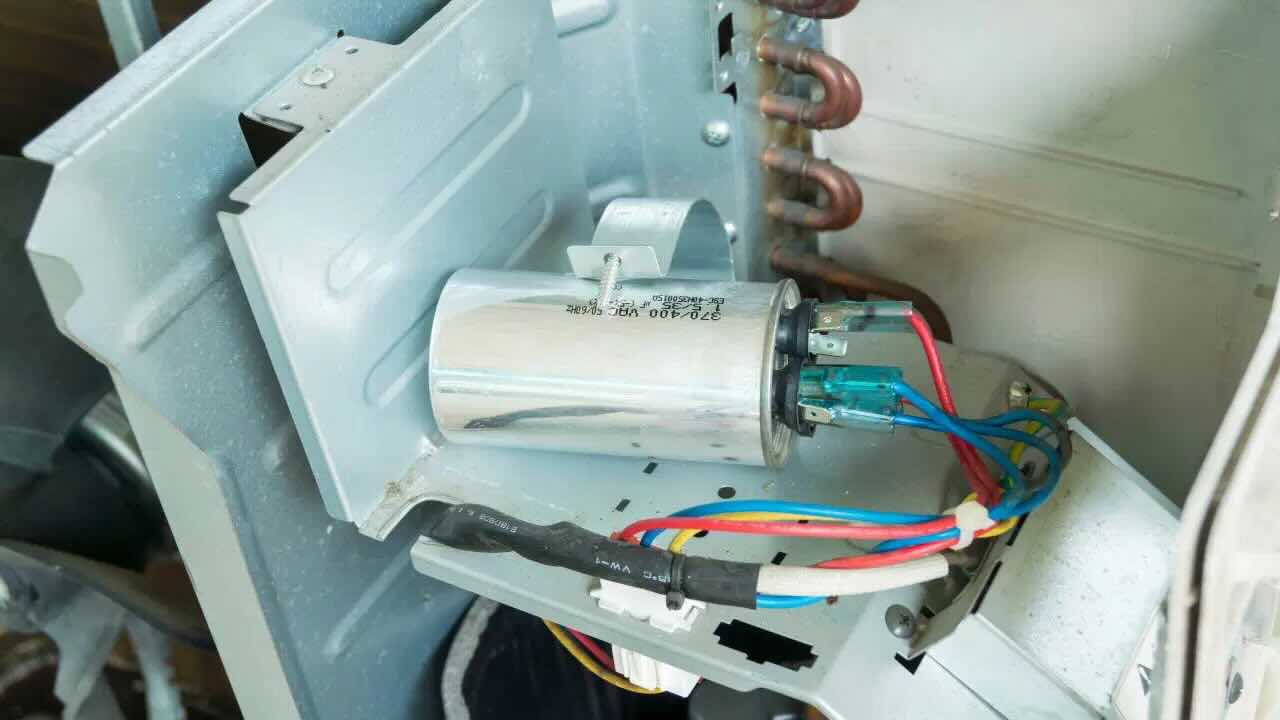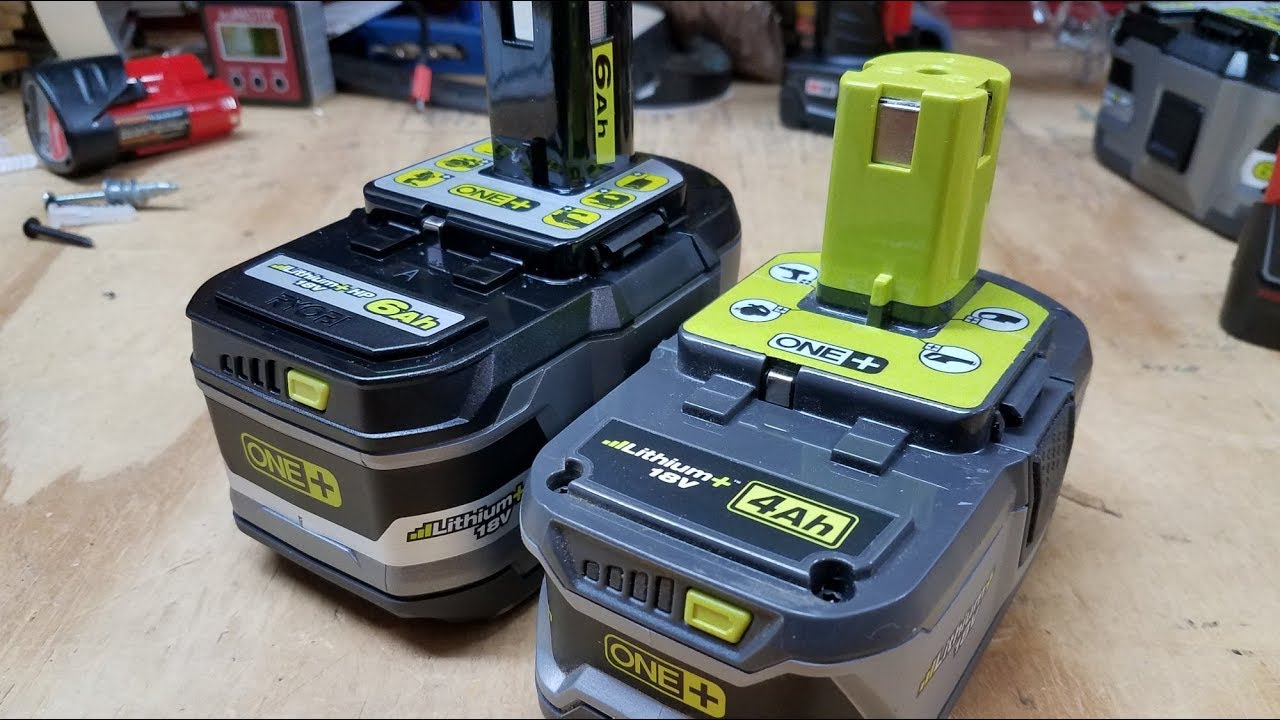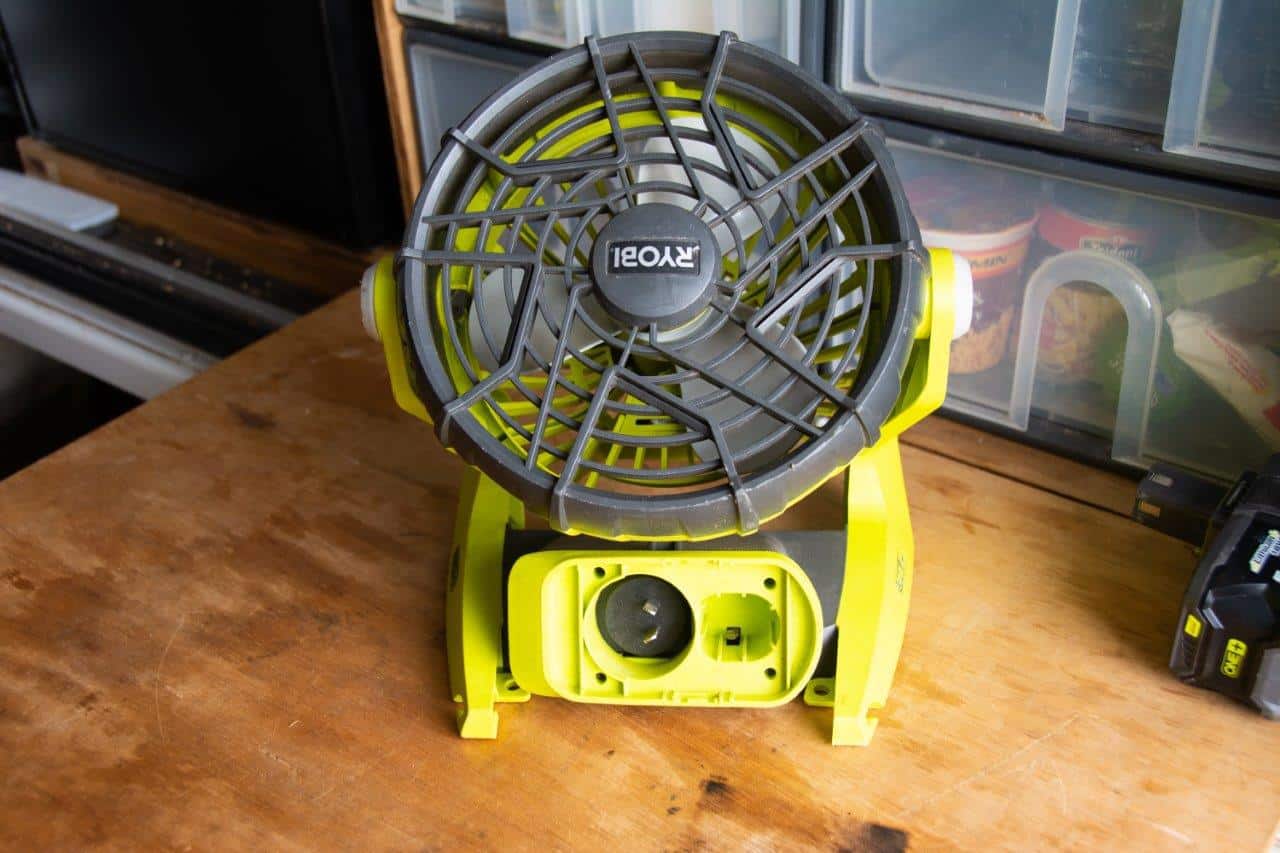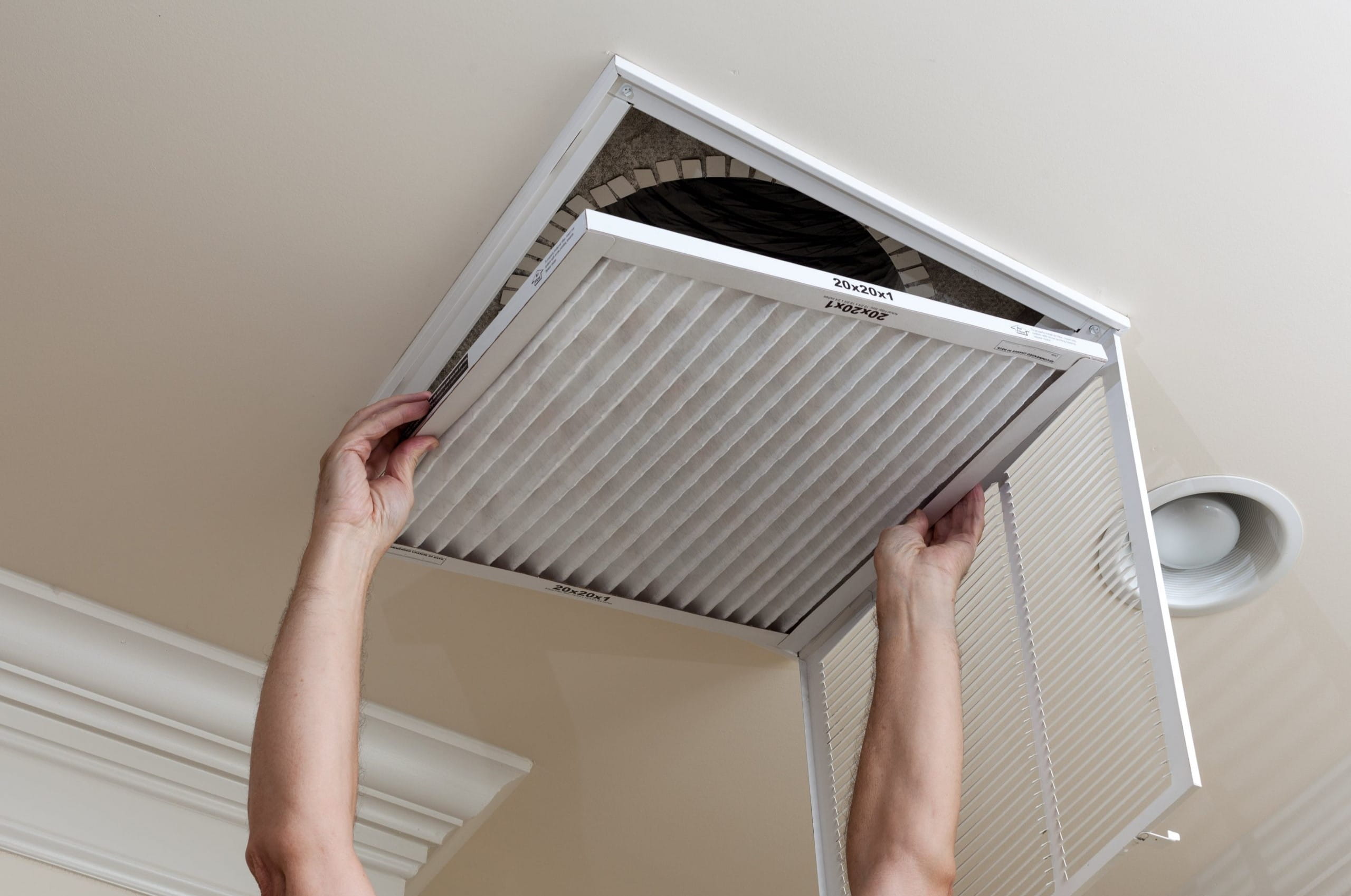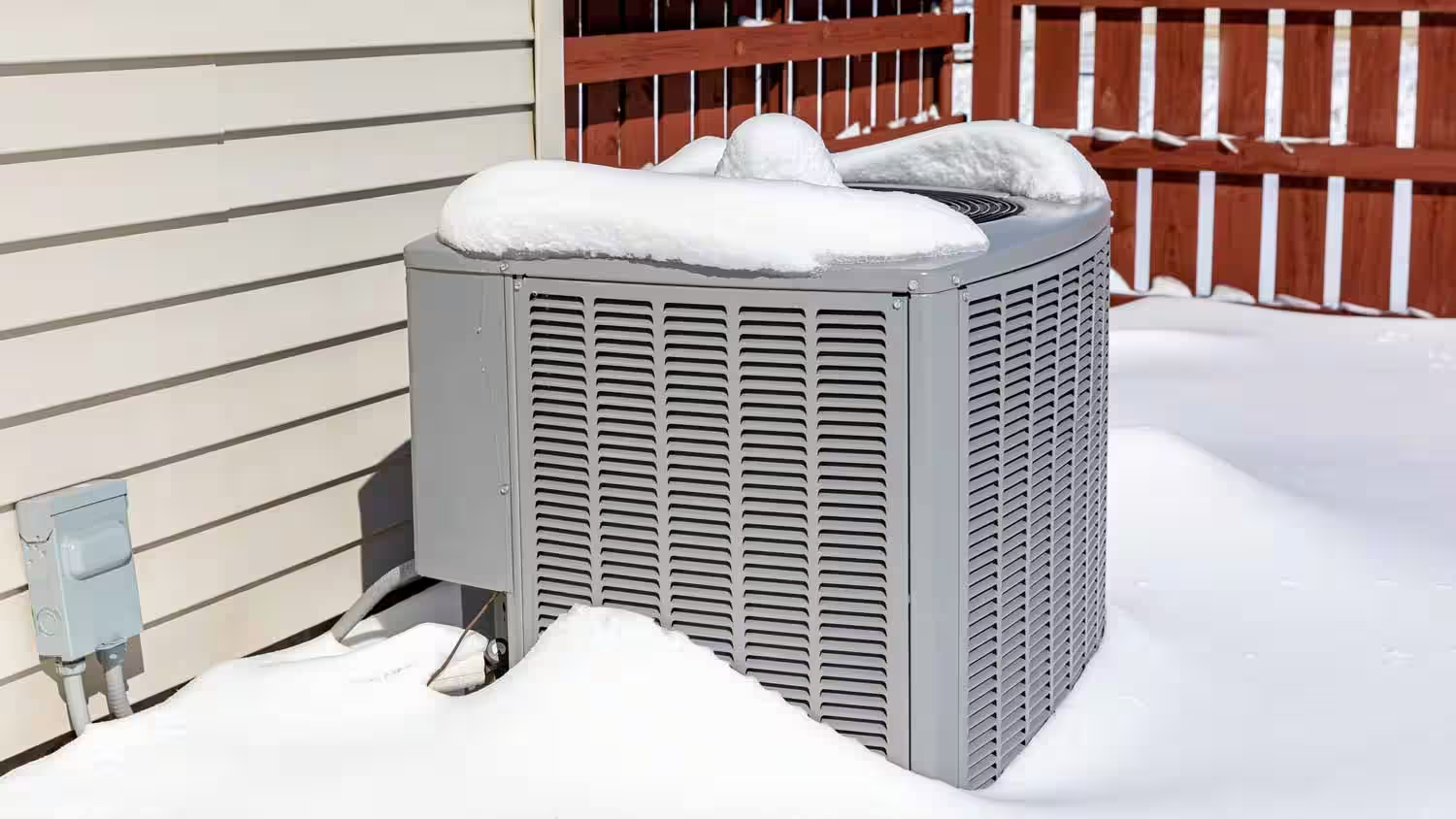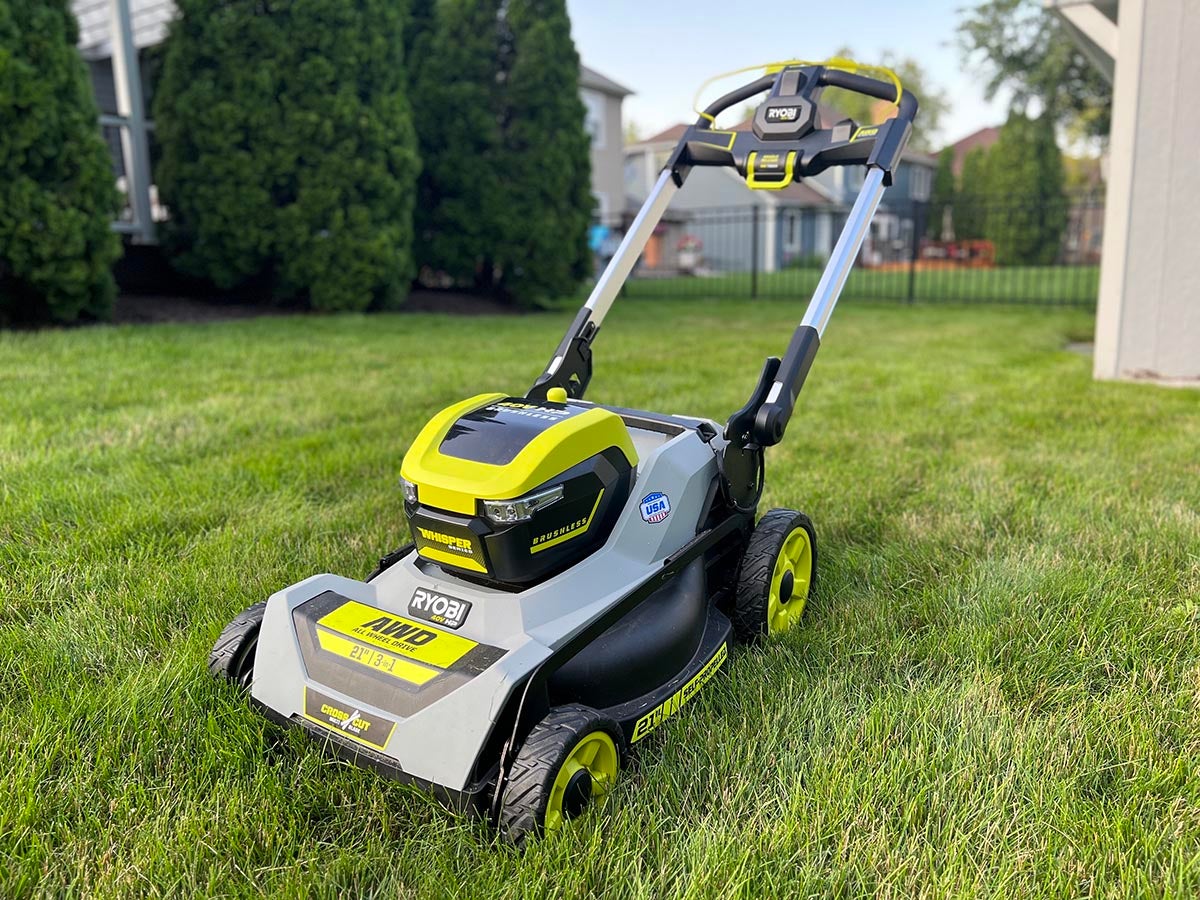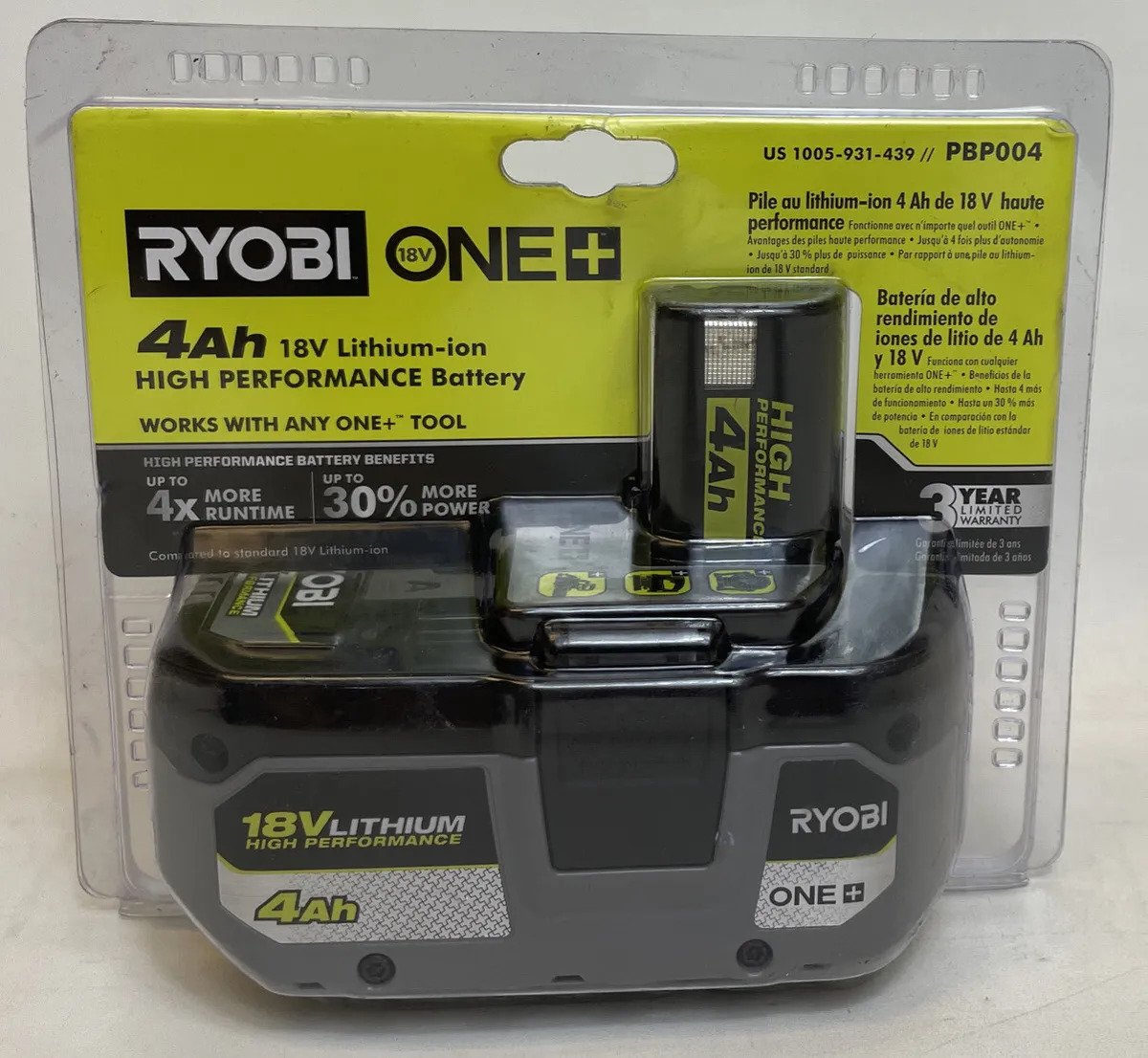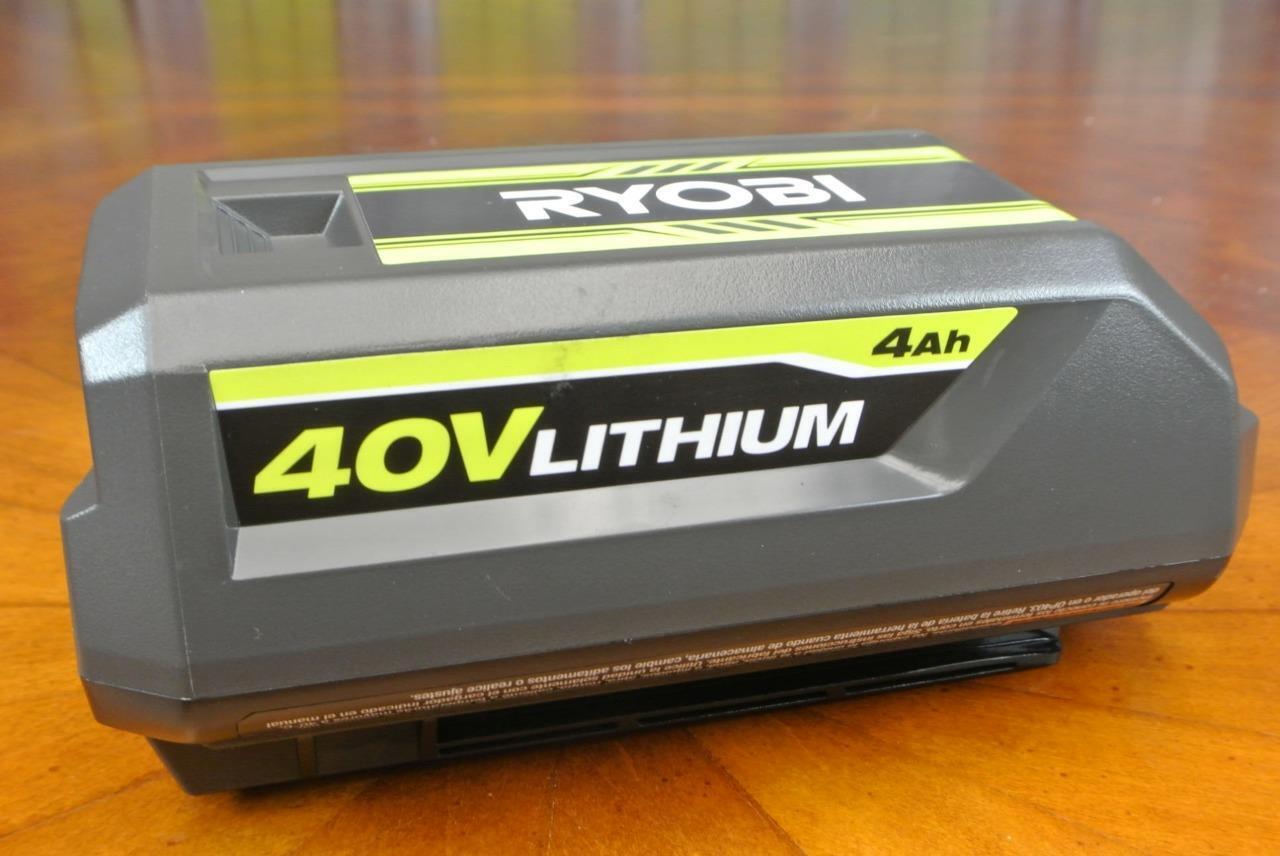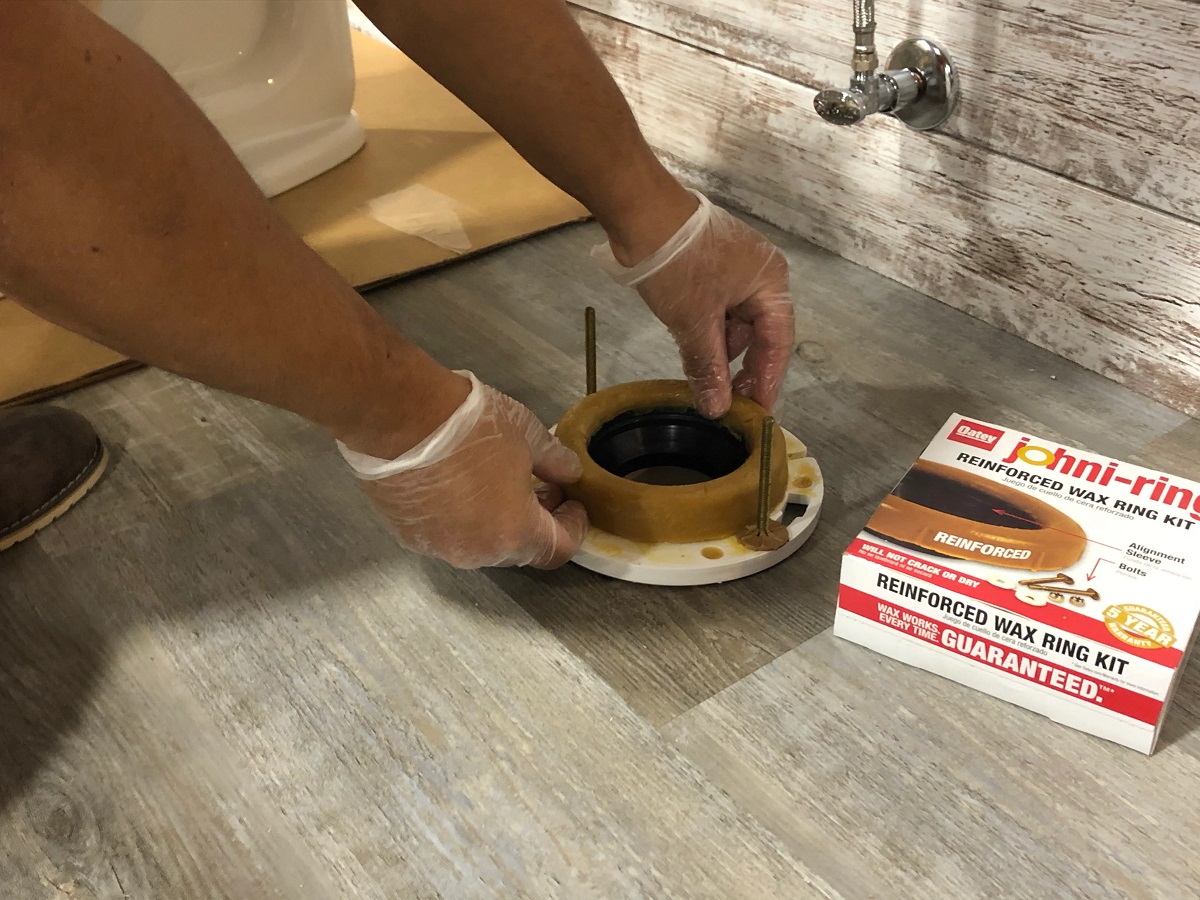Home>Home Maintenance>How Long Does An Air Conditioner Last
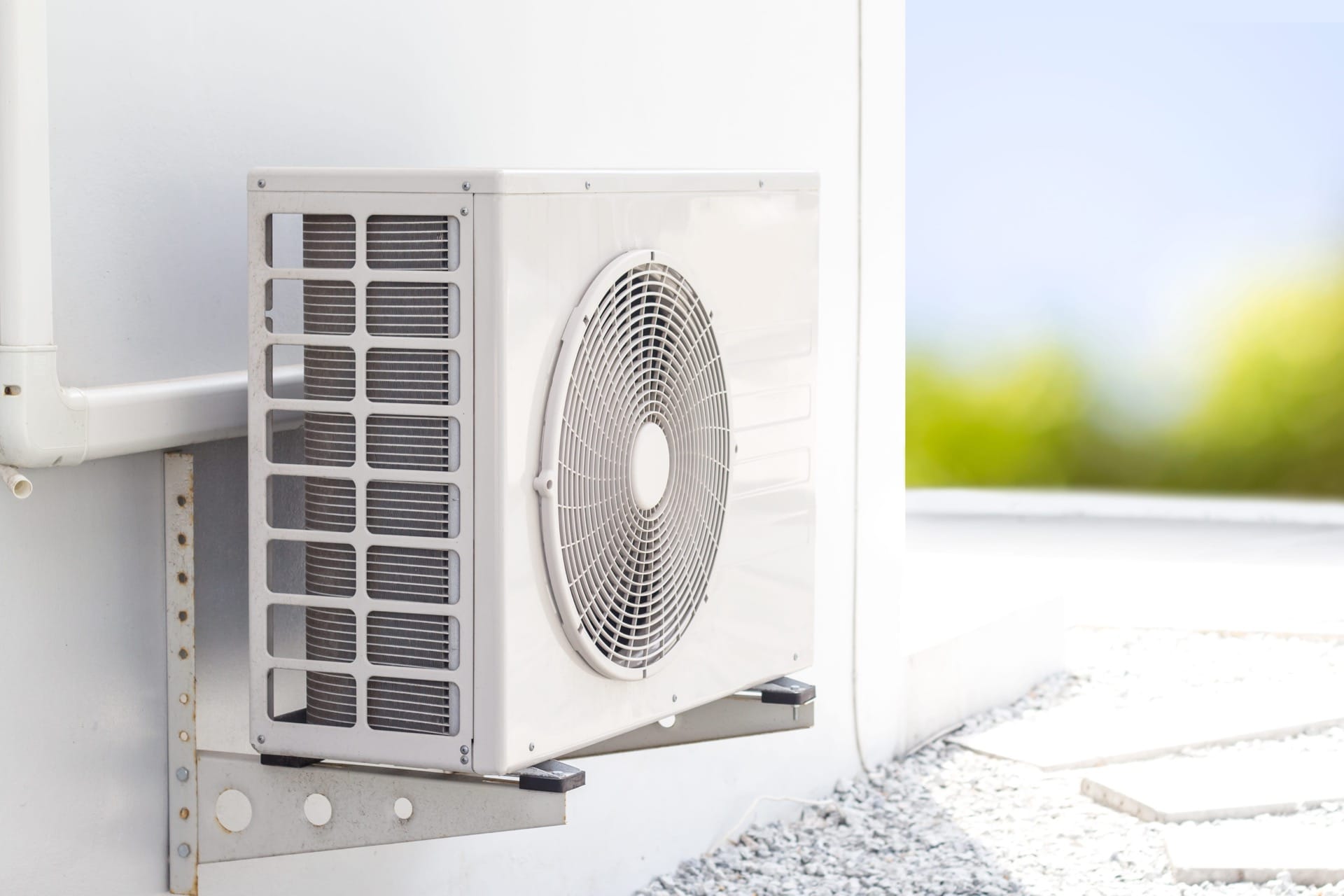

Home Maintenance
How Long Does An Air Conditioner Last
Modified: March 6, 2024
Discover the lifespan of an air conditioner and how to extend its life with proper home maintenance. Find out how long an air conditioner can last and the best practices for keeping it running efficiently.
(Many of the links in this article redirect to a specific reviewed product. Your purchase of these products through affiliate links helps to generate commission for Storables.com, at no extra cost. Learn more)
Introduction
Welcome to our comprehensive guide on the lifespan of air conditioners. As homeowners, we rely heavily on our air conditioning systems to keep us cool and comfortable during the hot summer months. Understanding how long an air conditioner is expected to last can help us plan for maintenance and replacements.
There are several factors that can affect the lifespan of an air conditioner, including the quality of the unit, the frequency of maintenance, and the operating conditions. In this article, we will delve into these factors and provide you with valuable information to help you get the most out of your air conditioning system.
Whether you are considering purchasing a new air conditioner or want to prolong the life of your existing unit, this guide will serve as a helpful resource. We will cover the average lifespans of different types of air conditioners, the signs that indicate your air conditioner is aging, maintenance tips to extend its lifespan, and when it is time to consider replacing your air conditioner.
By understanding how long an air conditioner typically lasts and implementing proper maintenance techniques, you can ensure that your system functions optimally and provides you with reliable cooling for many years to come.
Key Takeaways:
- Regular maintenance, such as cleaning filters and scheduling professional check-ups, can extend the life of your air conditioner and keep it running efficiently for many years.
- Recognizing signs of aging, like reduced cooling performance and strange noises, can help you address issues early and potentially prolong the lifespan of your air conditioner.
Factors That Affect the Lifespan of an Air Conditioner
The lifespan of an air conditioner can vary depending on several factors. Understanding these factors can help you take appropriate steps to extend the longevity of your system. Here are the key factors that can affect the lifespan of an air conditioner:
- Quality of the unit: The quality of the air conditioner plays a crucial role in determining its lifespan. High-quality units with superior components and craftsmanship tend to last longer than low-quality units. Investing in a reputable brand and opting for a higher-efficiency model can increase the chances of your air conditioner lasting for many years.
- Frequency of maintenance: Regular maintenance is essential to keep your air conditioner functioning properly and to identify any potential issues. Neglecting routine maintenance tasks, such as cleaning or replacing filters and checking refrigerant levels, can put additional strain on the system and reduce its lifespan. It is recommended to get your air conditioner serviced by a professional at least once a year.
- Operating conditions: The environment in which your air conditioner operates can impact its lifespan. Extreme weather conditions, such as high temperatures and humidity, can place a significant strain on the system. Similarly, if your air conditioner is constantly running at high capacities to cool a large space, it may have a shorter lifespan compared to a unit that operates in a smaller, well-insulated area.
- Proper installation: Having your air conditioner properly installed by a qualified technician is crucial. Improper installation can lead to various issues, including poor airflow, inadequate cooling, and increased wear and tear on components. Ensure that your unit is installed in accordance with the manufacturer’s guidelines to optimize its performance and lifespan.
- User behavior: The way you use your air conditioner can have a significant impact on its lifespan. Frequent and sudden temperature adjustments, constantly running the air conditioner at maximum capacity, and not giving the unit sufficient rest periods can all contribute to premature wear and tear. It is important to use your air conditioner judiciously and follow recommended usage guidelines.
- Climate: The climate in which you live can affect the lifespan of your air conditioner. In regions with harsh summers or extremely cold winters, the system may experience more strain and require more frequent use, potentially reducing its lifespan. Humidity levels can also impact the performance and longevity of the unit, as excessive moisture can promote corrosion and mold growth.
By considering these factors and taking appropriate measures, such as investing in a high-quality unit, scheduling regular maintenance, practicing energy-efficient usage, and ensuring proper installation, you can significantly extend the lifespan of your air conditioner and enjoy reliable cooling for many years.
Average Lifespan of Different Types of Air Conditioners
The lifespan of an air conditioner can vary based on the type of unit you have. Different types of air conditioners have different components and operating mechanisms, which can impact their longevity. Here’s a breakdown of the average lifespans for common types of air conditioners:
- Central Air Conditioner: Central air conditioners are commonly found in larger homes or commercial buildings. These systems have an outdoor condenser unit and an indoor evaporator unit connected by ductwork. On average, a well-maintained central air conditioner can last between 15 to 20 years. Regular maintenance, such as cleaning the coils and changing filters, is essential to maximize its lifespan.
- Window Air Conditioner: Window air conditioners are a popular choice for cooling single rooms or small spaces. These units are installed in a window or a small opening in the wall. The average lifespan of a window air conditioner is around 10 to 15 years. Proper cleaning and maintenance, including regular filter cleanings, can help prolong its lifespan.
- Ductless Mini-Split System: Ductless mini-split systems are versatile and energy-efficient alternatives to central air conditioners. These systems consist of an outdoor condenser unit and one or more indoor air handlers mounted on the wall. With proper maintenance, a ductless mini-split system can last between 12 to 20 years.
- Portable Air Conditioner: Portable air conditioners are compact units that can be moved from room to room. These units typically sit on the floor and exhaust hot air through a window or a vent. The average lifespan of a portable air conditioner ranges from 5 to 8 years. Regular maintenance, such as cleaning the filters and ensuring proper ventilation, can help extend its lifespan.
It’s important to note that these lifespans are estimates based on average usage and proper maintenance. Factors such as the quality of the unit, operating conditions, and maintenance practices can influence the actual lifespan of your air conditioner. Regular inspections, professional maintenance, and prompt repairs can help identify and address any issues that may arise, potentially extending the lifespan of your unit.
By understanding the expected lifespan of your specific type of air conditioner, you can make informed decisions regarding maintenance, repairs, and potential replacements. Keeping your air conditioner in good condition will not only ensure optimal cooling but also save you money in the long run by avoiding premature replacements.
Signs that Your Air Conditioner is Aging
As your air conditioner ages, it may start exhibiting signs of wear and tear. Recognizing these signs can help you address potential issues before they escalate and potentially extend the lifespan of your unit. Here are some common signs that your air conditioner is aging:
- Reduced Cooling Performance: One of the first signs of an aging air conditioner is a decrease in cooling performance. You may notice that your home takes longer to cool down or that certain rooms are not getting as cool as they used to. This can be due to issues such as a worn-out compressor, clogged air ducts, or refrigerant leaks.
- Increased Energy Consumption: An aging air conditioner may become less energy-efficient, leading to higher energy bills. If you notice a significant increase in your cooling costs without any changes in your usage patterns, it may indicate that your unit is struggling to operate efficiently.
- Frequent Breakdowns: As air conditioners age, they become more prone to breakdowns. If you find yourself calling for repairs frequently or experiencing repeated issues with your unit, it may be a sign that it’s time to consider a replacement. Continued repairs can become costly, and it may be more cost-effective to invest in a new, more reliable unit.
- Strange Noises: Unusual noises coming from your air conditioner, such as grinding, squealing, or rattling sounds, can indicate worn-out components or loose parts. Ignoring these noises can lead to further damage and potentially shorten the lifespan of your unit.
- Weak Airflow: If you notice a decrease in the airflow from your vents, it could be a sign of an aging air conditioner. This could be caused by a clogged air filter, dirty coils, or a malfunctioning blower motor. Restricted airflow not only affects cooling performance but also puts additional strain on your system.
- Strange Odors: Foul or musty odors emanating from your air conditioner can indicate mold or mildew growth, which can occur in the damp environment of an aging unit. These odors can negatively impact indoor air quality and should be addressed promptly.
If you observe any of these signs, it is important to have your air conditioner inspected by a professional HVAC technician. They can diagnose the underlying issues and recommend appropriate solutions. In some cases, simple repairs or maintenance tasks may be sufficient to restore the performance of your unit. However, if your air conditioner is nearing the end of its expected lifespan and experiencing multiple issues, it may be more cost-effective in the long run to invest in a new, energy-efficient unit.
Regular maintenance and prompt attention to any signs of aging can help prolong the life of your air conditioner and ensure that it continues to provide reliable and efficient cooling for your home.
Regular maintenance and proper care can help extend the lifespan of an air conditioner. It’s important to clean or replace filters, check for any leaks or damage, and schedule annual professional inspections.
Tips to Extend the Lifespan of Your Air Conditioner
Maintaining your air conditioner properly is essential to maximize its lifespan and keep it running smoothly. By following these tips, you can help extend the life of your air conditioner:
- Regularly Clean and Replace Air Filters: Clean or replace your air filters every month, or as recommended by the manufacturer. Dirty filters can restrict airflow, reduce efficiency, and put strain on your system. Clean filters also improve indoor air quality.
- Keep the Outdoor Condenser Clean: The outdoor condenser unit should be free from debris, such as leaves, twigs, and dirt. Regularly clean the area around the condenser and ensure that it is not obstructed by vegetation or other objects.
- Check and Clean the Evaporator Coil: The evaporator coil can accumulate dirt and debris over time, which can hinder its cooling performance. Schedule annual professional maintenance to clean the coil and ensure optimal efficiency.
- Maintain Proper Refrigerant Levels: Low refrigerant levels can strain your air conditioner and reduce its efficiency. Regularly check and maintain the appropriate refrigerant levels in your unit. If you notice a refrigerant leak, contact a professional technician to repair it promptly.
- Ensure Proper Airflow: Obstructed vents or blocked air registers can restrict airflow and put unnecessary strain on your air conditioner. Keep vents and registers clean and clear of any obstructions, such as furniture or curtains.
- Use a Programmable Thermostat: Investing in a programmable thermostat allows you to set temperature schedules based on your needs. This can help reduce the strain on your air conditioner by adjusting the temperature when you are away or during nighttime hours.
- Avoid Overworking Your Air Conditioner: Give your air conditioner regular rest periods by raising the temperature slightly when you are not at home. Constantly running your unit at maximum capacity can shorten its lifespan.
- Schedule Professional Maintenance: Regular professional maintenance ensures that your air conditioner is inspected, cleaned, and serviced by an expert. Professional technicians can identify and address any potential issues before they become major problems.
- Provide Shade for the Outdoor Unit: If possible, provide shade for the outdoor condenser unit to minimize exposure to direct sunlight. This can help improve the efficiency of your unit and reduce its workload.
- Keep the Area Around the Indoor Unit Clean: Ensure that the area around the indoor unit, such as the air handler or ductwork, is clean and free from dust and debris. Regularly dust and vacuum these areas to prevent any obstructions.
By implementing these tips and incorporating them into your regular maintenance routine, you can significantly extend the lifespan of your air conditioner. Remember to consult your unit’s manual and follow the manufacturer’s guidelines for specific maintenance recommendations.
Proper care and maintenance of your air conditioner not only extend its lifespan but also ensure optimal performance and energy efficiency, helping you save on energy costs while enjoying reliable and comfortable cooling for years to come.
Read more: How Long Does Air Freshener Last
Common Maintenance Tasks for Air Conditioners
Maintaining your air conditioner is crucial to ensure its longevity and efficient operation. Performing regular maintenance tasks can help prevent breakdowns, improve energy efficiency, and extend the lifespan of your unit. Here are some common maintenance tasks that you should routinely perform:
- Clean or Replace Air Filters: Dirty air filters can restrict airflow and reduce the efficiency of your air conditioner. Clean or replace your air filters every month, or more frequently if needed. This simple task can improve indoor air quality and prevent strain on your system.
- Clean the Condenser Coils: Over time, the condenser coils on the outdoor unit can accumulate dirt and debris, reducing their ability to dissipate heat. Use a brush or a soft cloth to gently clean the coils and remove any debris. Avoid using a power washer, as it can damage the delicate fins.
- Check and Clean the Evaporator Coil: The evaporator coil, located in the indoor unit, can collect dust and dirt, hindering its cooling performance. Schedule professional maintenance at least once a year to have the evaporator coil cleaned and inspected.
- Clear the Condensate Drain Line: The condensate drain line removes excess moisture from your air conditioner. Over time, it can become clogged with dirt, mold, or algae. Use a wet/dry vacuum or a stiff brush to clear the drain line and prevent water leakage or buildup.
- Inspect and Clean the Blower Motor: The blower motor helps circulate the cooled air throughout your home. Inspect the motor and clean any dirt or debris that may have accumulated on the blades. Lubricate the motor if necessary, following the manufacturer’s guidelines.
- Check and Maintain Proper Refrigerant Levels: Low refrigerant levels can strain your air conditioner and reduce its cooling performance. Regularly check and maintain the appropriate refrigerant levels, and if you suspect a refrigerant leak, contact a professional technician for repairs.
- Inspect and Tighten Electrical Connections: Over time, electrical connections may become loose or corroded. Inspect the electrical connections and tighten any loose connections. Ensure the power to the unit is turned off before attempting any electrical work.
- Clean and Inspect Fan Blades: The fan blades on both the outdoor and indoor units can accumulate dirt and dust, affecting airflow. Disconnect power to the unit and carefully clean the blades, ensuring they are free from debris. Inspect the blades for any signs of damage and replace if necessary.
- Check and Calibrate Thermostat Settings: Ensure your thermostat settings accurately reflect your desired temperature. Calibrate the thermostat if needed and consider upgrading to a programmable or smart thermostat for enhanced energy efficiency.
- Keep the Surrounding Area Clean: Make sure the area around your air conditioner is clean and free from debris. Trim any overgrown plants or bushes and remove any leaves or obstructions from around the unit. This will facilitate proper airflow and prevent blockages.
Remember to refer to your air conditioner’s manual for specific maintenance instructions and recommended schedules. While some maintenance tasks can be performed by homeowners, it is advised to schedule professional maintenance at least once a year. Professional technicians can expertly inspect, clean, and service your air conditioner, ensuring optimal performance and identifying any potential issues before they become major problems.
By regularly performing these maintenance tasks, you can prolong the life of your air conditioner, improve energy efficiency, and enjoy reliable cooling throughout the years.
When to Consider Replacing Your Air Conditioner
While regular maintenance can help extend the lifespan of your air conditioner, there comes a point when it is more practical and cost-effective to replace it. Here are some key indicators that it may be time to consider replacing your air conditioner:
- Frequent and Costly Repairs: If you find yourself consistently spending money on repairs and your air conditioner is experiencing frequent breakdowns, it may be more cost-effective to invest in a new unit. Continuously repairing an aging system can become expensive, and the cumulative costs may make a replacement a more sensible option.
- Advanced Age: The average lifespan of an air conditioner is around 15 to 20 years, depending on various factors such as maintenance, usage, and quality of the unit. If your unit is approaching or exceeding this lifespan, it is worth considering a replacement. Older units are generally less efficient and may struggle to meet your cooling needs.
- Decreased Energy Efficiency: As air conditioners age, they tend to become less energy-efficient. If you notice a significant increase in your energy bills despite using your unit as you normally would, it could be a sign that your air conditioner is no longer operating efficiently. Upgrading to a newer, more energy-efficient model can help save on energy costs in the long run.
- Reduced Cooling Performance: If your air conditioner is no longer able to cool your home adequately or certain areas are consistently warmer than others, it may be a sign that your unit is no longer functioning optimally. This could be due to worn-out components or a decline in overall efficiency.
- Obsolete Technology: With advancements in technology and energy efficiency, newer air conditioner models offer improved features and capabilities compared to older units. If your current air conditioner lacks modern features such as programmable thermostats, smart controls, or energy-saving options, upgrading to a new unit can provide you with enhanced convenience and savings.
- Changes in Home Cooling Needs: If you have made significant additions or renovations to your home that require additional cooling capacity, your current air conditioner may not be sufficient. Upgrading to a larger unit or adding a zoning system may be necessary to meet your changing cooling needs.
- Environmental Considerations: Older air conditioners typically use R-22 refrigerant, which is being phased out due to its harmful environmental impact. If your unit uses R-22 refrigerant, it may be necessary to replace it with a newer model that uses more environmentally-friendly refrigerants, such as R-410A.
When considering a replacement, it is important to consult with a professional HVAC technician. They can assess your specific situation, evaluate the condition of your current unit, and recommend the most suitable replacement options based on your needs and budget.
Replacing your air conditioner not only ensures reliable and efficient cooling but also provides an opportunity to take advantage of the latest energy-saving technologies and reduce your environmental footprint. By making an informed decision about when to replace your air conditioner, you can enjoy optimum comfort and savings for years to come.
Conclusion
Maintaining and taking care of your air conditioner is crucial to ensure its longevity, energy efficiency, and optimal performance. By understanding the factors that can affect the lifespan of your air conditioner, recognizing signs of aging, and implementing regular maintenance tasks, you can extend the life of your unit and enjoy reliable cooling for many years.
Factors such as the quality of the unit, frequency of maintenance, operating conditions, proper installation, and your behavior towards your unit all play a role in determining its lifespan. Investing in a high-quality air conditioner, scheduling regular maintenance, and using your unit judiciously can significantly extend its lifespan.
Knowing the average lifespan of different types of air conditioners helps you evaluate the condition of your unit. Whether you have a central air conditioner, window unit, ductless mini-split system, or portable air conditioner, it is important to be aware of their expected lifespans and consider replacements accordingly.
Signs that your air conditioner is aging, such as reduced cooling performance, increased energy consumption, frequent breakdowns, strange noises, weak airflow, and strange odors, should not be ignored. Promptly addressing these signs by seeking professional assistance can help prevent further damage and potentially extend the life of your unit.
In addition to recognizing signs of aging, implementing regular maintenance tasks is essential. Cleaning or replacing air filters, keeping the outdoor condenser clean, inspecting and cleaning coils, maintaining proper refrigerant levels, and ensuring proper airflow are some of the common maintenance tasks that should be performed regularly.
However, there may come a time when it is more practical to replace your air conditioner. Frequent and costly repairs, an advanced age of the unit, decreased energy efficiency, reduced cooling performance, obsolete technology, changes in home cooling needs, and environmental considerations are factors to consider when deciding to replace your air conditioner.
In conclusion, by understanding the lifespan factors, recognizing signs of aging, implementing regular maintenance tasks, and knowing when to consider a replacement, you can maximize the lifespan of your air conditioner and ensure efficient and reliable cooling for years to come. Regular professional maintenance and prompt attention to any issues can help prolong the life of your unit and provide you with a comfortable and energy-efficient living environment.
Frequently Asked Questions about How Long Does An Air Conditioner Last
Was this page helpful?
At Storables.com, we guarantee accurate and reliable information. Our content, validated by Expert Board Contributors, is crafted following stringent Editorial Policies. We're committed to providing you with well-researched, expert-backed insights for all your informational needs.
